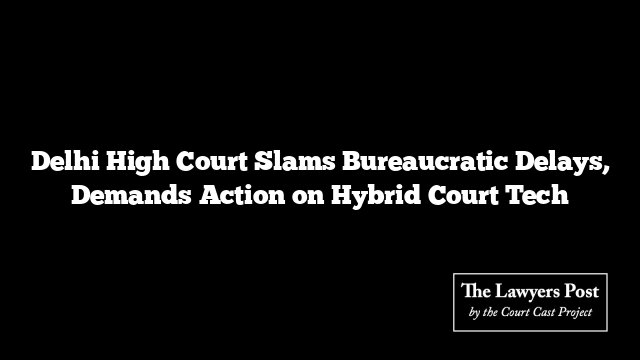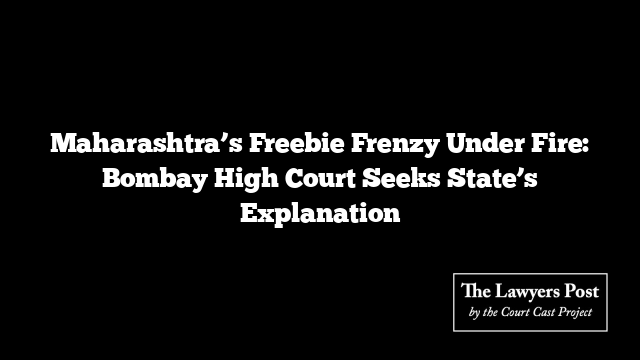In a crucial ruling, the Bombay High Court’s Nagpur bench clarified the legal scope of “ganja” under the NDPS Act, declaring that only the flowering or fruiting tops of the cannabis plant fall under the Act’s purview—not its seeds or leaves. This interpretation came as Justice Urmila Joshi Phalke granted bail to Mohammad Jakir Nawab Ali, who was accused of carrying what was initially labeled as a commercial quantity of ganja.
Ali had been arrested in December 2021 during a police operation that intercepted his vehicle near Tunki Shivar, seizing approximately 50 kilograms of what authorities claimed was ganja. However, during the bail hearing, Ali’s defense argued that much of the seized material comprised leaves, seeds, stems, and stalks, parts of the cannabis plant not covered by the NDPS Act unless accompanied by the flowering tops.
The court agreed that the seized items did not meet the NDPS Act’s definition of ganja. “The inventory certificate and the panchnama show that the seized articles were not segregated or properly weighed, raising doubts about the actual quantity of contraband,” the Court noted. Without clear evidence that the seized materials included the plant’s flowering or fruiting tops, the case for commercial quantity possession fell apart.
Further, the court took issue with procedural delays in Ali’s trial, acknowledging that his right to a speedy trial had been compromised. This was highlighted by referencing a Supreme Court judgment that underscored the constitutional guarantee of a timely trial.
Given the doubts surrounding the nature of the contraband and the procedural missteps, the Court ruled in favor of Ali’s release. He was granted bail with a bond of ₹50,000 and was instructed to report monthly to the local police station.
This ruling sheds light on the precise definition of ganja under Indian law and underscores the importance of accurate investigations and adherence to legal definitions in narcotics cases.





